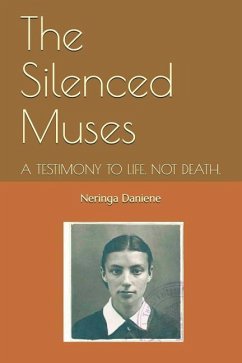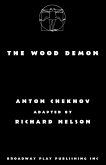In 1940 the Soviet Union occupied Lithuania. By June, 1941, the Soviets were deporting Lithuania's intellectuals, merchants, tradesmen, military officers, and teachers to death camps in Siberia. A few weeks later the Nazis invaded and occupied Lithuania. The Jews of Lithuania were targeted in both occupations and were the victims of both Soviet and Nazi ideology. In the farming community of Panemunelis, a 19-year-old young poet named Matilda Olkin was arrested by the Nazis along with her family. She did not survive. And yet, by a miracle her poems and her diary did. Matilda's father, the town pharmacist, Noah Olkin, managed to pass on Matilda's notebook of poems and diary to his close friend, the Catholic priest, Father Juozapas Matelionis. He hid Matilda's writing inside the altar of the Panemunelis church. Soon afterwards, the Soviets arrested Father Matelionis and deported him to Siberia. Decades later the poems and diary were found and Matilda's voice has come back to us again. This is a documentary play based on Matilda's diary, poetry, and eye-witness accounts as well as the testimonies of her friends, who still remember her more than half a century later.
Hinweis: Dieser Artikel kann nur an eine deutsche Lieferadresse ausgeliefert werden.
Hinweis: Dieser Artikel kann nur an eine deutsche Lieferadresse ausgeliefert werden.








